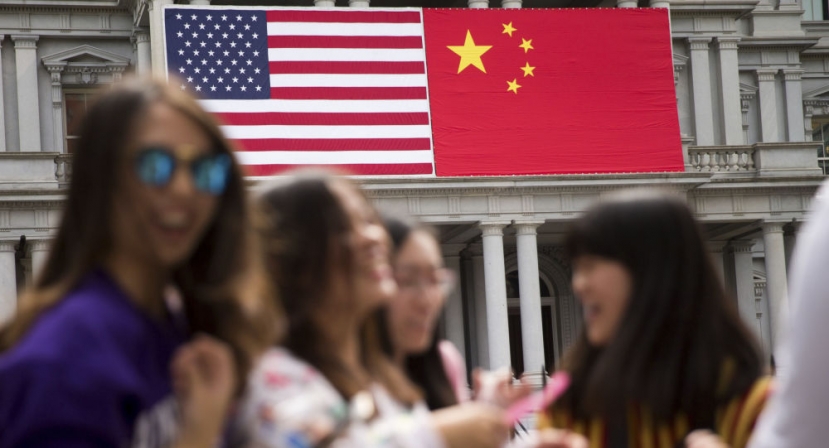In particular, Beijing demands that Washington remove the 15-percent tariff the Trump administration imposed in September on $112 billion of Chinese goods. According to the Financial Times, the Trump administration is considering a rollback on certain levies - including clothing, appliances, and flatscreen monitors - as a concession to seal a partial deal that would reportedly pause the trade war with Beijing as early as this month.
China reportedly seeks the tariffs’ removal in exchange for agreeing to purchase up to $50 billion worth of US agricultural goods, commit to open up its financial services sector to United States firms and increase intellectual property protections.
White House economic adviser Larry Kudlow said the United States may withdraw its decision to impose tariffs in December if Phase One goes well.
On 13 October, US President Donald Trump announced that he had agreed in principle to Phase One of a trade deal with China’s Vice Premier Liu after high-level bilateral talks in DC
Trump said the deal includes China agreeing to purchase up to $50 billion in US agricultural goods in addition to making reforms concerning intellectual property and financial services.
The trade row between the world’s two largest economies erupted in June 2018 when the United States imposed the first round of tariffs on Chinese exports, prompting Beijing to respond in kind.
Since then, the two countries have been engaged in a trade war, but have also started negotiations to resolve their trade-related differences.

